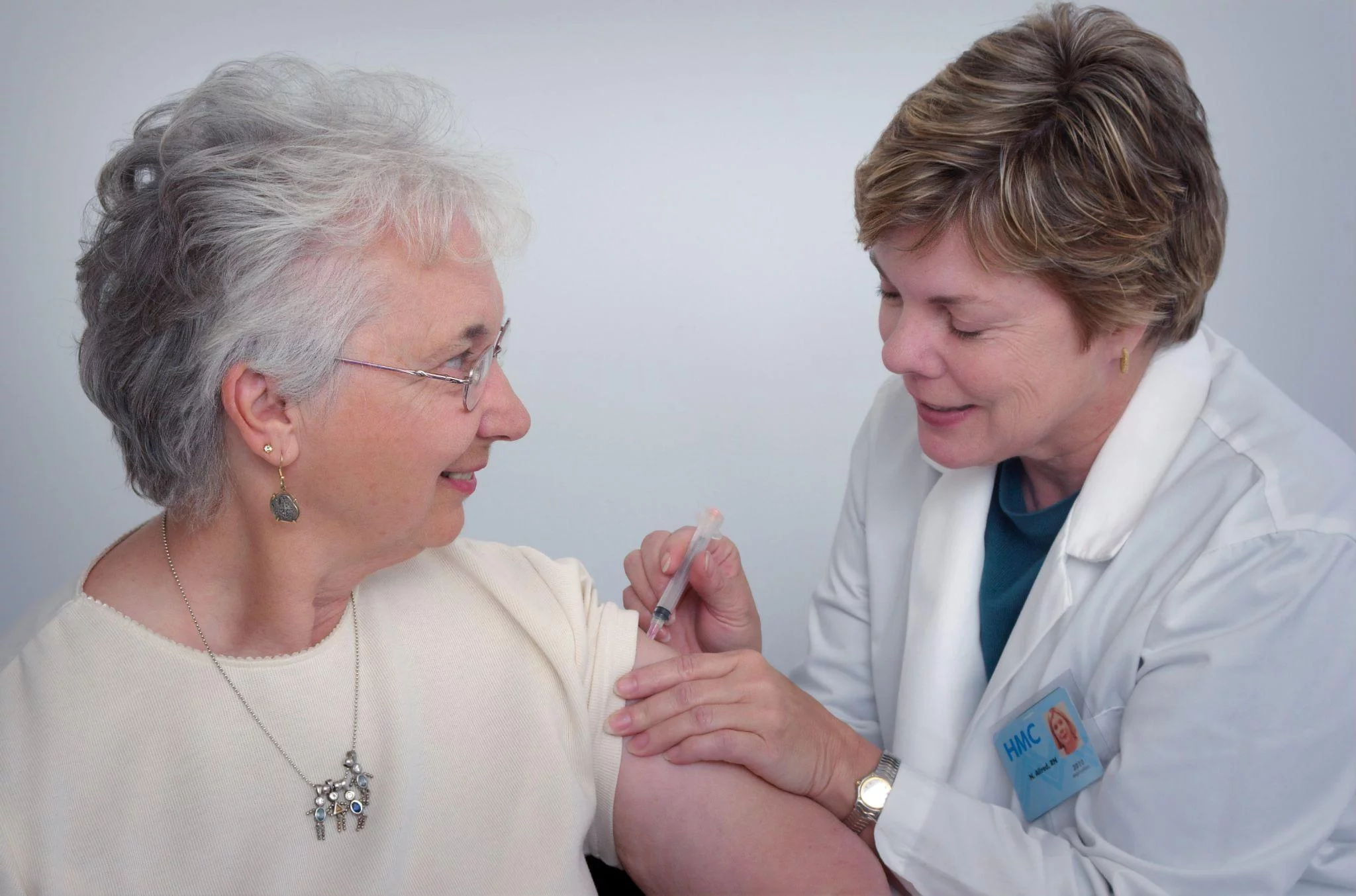A Guidebook for handling older patients in hospitals
When caring for older patients in hospitals, it is important to understand them. From their attitudes to stories, you need to hear about. The elderly population continues to grow. So hospitals must prepare themselves to provide the highest quality of care possible. It provides an overview of the best practices for taking care of older patients. The book includes information on how to create a safe and comfortable environment. It also addresses communication challenges and manages chronic conditions.

Assessment of Older Patients
Patients from the age of 65 years old and above represent a large percentage of inpatients. Geriatric patients tend to be more fragile and prone to chronic illnesses. They require appropriate health care management to lessen the risk of unfortunate events during admission. Senior citizen patients are twice as likely to require hospitalization in contrast to young people. A study showed that 17 percent of American senior citizens are hospitalized once a year. It shows that they are more likely to develop cardiovascular diseases.
The most common illness they would encounter would be sepsis and cardiovascular diseases. It is important to assess the geriatric patient thoroughly after and before hospitalization. Annual check-up with a Geriatrician is advisable for them. Geriatricians are doctors that specialize in taking care of senior citizens. In assessing older patients, the hospital must take note of the living situation, values, preferences, reconciliation, and vaccination. Taking a good look at a patient’s medical history is advisable.
 Source: unsplash
Source: unsplash
Assessment for Mental Health
People aged 65 years old and above are likely to develop mental health problems. A study showed that 8-32% of geriatric patients admitted to hospitals are subjected to depression. Senior citizens are subjected to depression and dementia. An assessment towards the collateral history of the patient’s career or family can help in assessment. If the senior patient is subjected to dementia, it is advisable to have a full medical assessment. The most common mental health problems encountered by the hospitals is depression. GAD or Geriatric Depression Scale is a great help in assessing if the patient is subjected to mental health illness.
Organized Primary Care Services
Ensuring that the hospitals improve better care is a great starting point. It aligns the service and support integrating the provided care to geriatric patients. The most important aspect in providing service for deriatric patients is active cases finding and home based care. This is anchored by a high primary health care services for geriatric patients. Thus, it prevents health conditions, complications, and minimizes the intrinsic capacity to maintain life quality. Dissemination of information in communities is a great step. It decreases the possibility of geriatric patients having complicated illnesses. The hospital or health care provider must provide relevant clinical measures among the providers.
General Practitioners Communication
Effective communication between healthcare practitioners is essential for providing quality patient care. It is important for healthcare practitioners to communicate with each other. As it is important to ensure that they are aware of the elder patient’s condition and treatment plan. Communication between general practitioners can help to ensure that the patient receives care. Any potential risks are being identified and addressed in ED.
Communication can also help to ensure that the patient is being kept informed. Especially their condition and any changes in their care plan. General practitioners should strive to ensure that their communication is clear and concise. They should also ensure that they are using the most up-to-date information. Communicating the changes with the patient’s condition is necessary for them to know the current health status. Communication should be timely and accurate. Healthcare practitioners should be able to prepare to answer any questions. Besides, communication between the patient and the practitioner is also essential. As for providing quality patient care, communication is the key. It is important for the practitioner to listen to the patient’s concerns. To be able to address any questions or concerns that the patient may have. The practitioner should also provide the patient with clear instructions.
Especially on how to take their medications following their treatment plan, and managing any potential side effects is also needed. Effective communication among healthcare practitioners is essential for providing quality patient care. Healthcare practitioners should ensure that their communication is clear, concise, and timely. Also ensuring that they are providing the patient with the most up-to-date information. As they are answering any questions that the patient may have. By ensuring effective communication among healthcare practitioners. the patient can be able to provide the best possible care.
Disposition
Planning the discharge day may be difficult. It is because of minor injuries and acute illness. It may impair the functional ability in older patients. Minor injuries such as sprained ankles can be very critical for geriatric patients. General practitioners aim to provide discharge planning. Nurses, social workers, and hospital staff work together. Include the following;
- Identified strategies to manage problems during the ED assessment.
- Functional status assessment
- Caregiver capability assessment
- Determine whether the patients can take drugs as prescribed and can get basic care.
- Geriatric patients are often brought by the caregiver in ED.
Hospitalization for Elderly
Hospitalization for elders can be a difficult and stressful experience. It is for both the elderly patient and their family. It is important to ensure that elderly patients receive the best possible care. Especially that their needs are being met while they are in the hospital. For an elderly patient, it is important to understand the patient’s medical history. This includes medications, and any special needs they may have.
It is also important to ensure that the elderly patient is comfortable. Providing their basic needs, such as nutrition, hydration, and hygiene, are being met. It is important to be aware of the potential complications. It can occur when hospitalizing an elderly patient. These can include falls, infections, delirium, and dehydration. Ensuring the patients health by monitoring regularly is important in handling older people. It is that any changes in their condition are reported to the medical team.
Elderly patient is important to involve the family in the decision-making process. It is important to ensure that the patient and family understand the risk factor. The family is being kept informed about the patient’s condition. Finally, it is important to ensure that the elderly patient is being discharged on time. It means ensuring that the patient is stable and that their needs are being met before discharge. This is also important to ensure that the patient has a safe place to go. Following discharge, such as a family member’s home or a nursing home.



